Google breakup plans would ‘hurt America’s consumers, economy, and technological leadership’, senior exec claims
A senior exec says a proposed Google breakup by US lawmakers would harm the country's global tech ambitions
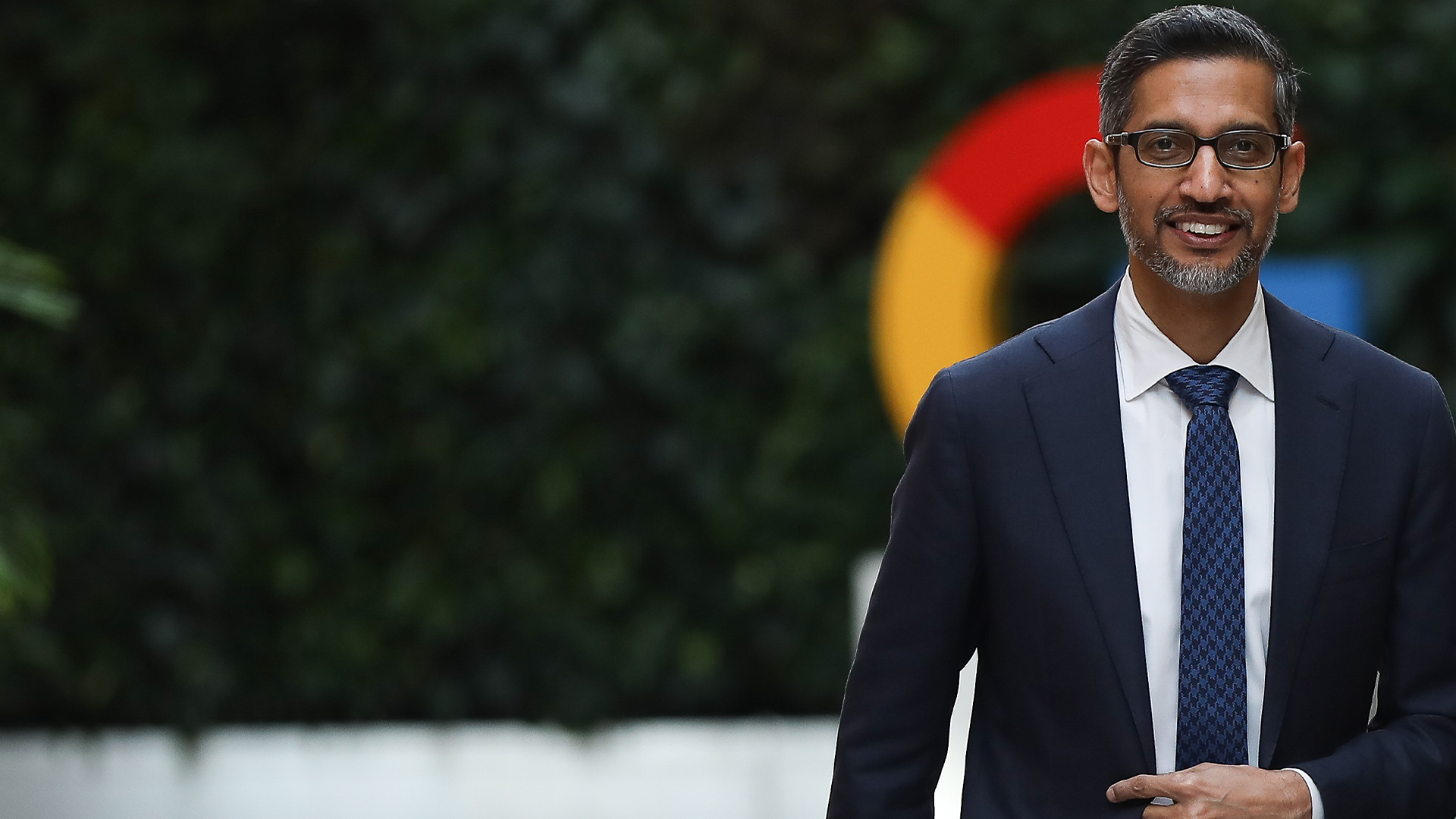

Google has struck back against US regulators, claiming that plans to dismantle the company would "hurt the economy".
Last year, a court case brought by the US Department of Justice (DOJ) found Google had a monopoly in search. A trial that began this week seeks to decide the correct remedies, which could include breaking up aspects of Google, selling Chrome or spinning out Android.
The DOJ said in a filing that Google forces Americans to submit to "unbridled demands and shifting, ideological preferences" just to access a decent search tool.
Justice Department lawyer David Dahlquist said in court Monday: "This is the time for the court to tell Google and all other monopolists who are out there listening — and they are listening — that there are consequences when you break the antitrust laws."
Last week, in a separate case, a US judge found that Google has an illegal monopoly in advertising technology, and it faces a class-action style suit in the UK on the same subject.
Google breakup plans would harm the economy
While Google will get a chance to have its say in court, the company shared a blog post over the weekend ahead of the beginning of the trial, arguing its case to the public, and reiterating that it disagreed with the court's decision last year.
The post pointed to its own proposal for remedies that would allow multiple search agreements, de-link Google's apps in Android, and stressed that Google would appeal the ruling once the remedy was decided.
Get the ITPro daily newsletter
Sign up today and you will receive a free copy of our Future Focus 2025 report - the leading guidance on AI, cybersecurity and other IT challenges as per 700+ senior executives
Penned by Lee-Anne Mulholland, vice president of regulatory affairs, the post said the case was "backwards looking" given the current level of intense competition in online search sparked by the rise of AI, pointing to ChatGPT and DeepSeek.
"At trial we will show how DOJ’s unprecedented proposals go miles beyond the Court’s decision, and would hurt America’s consumers, economy, and technological leadership," she wrote.
The post further argued the DOJ proposal would make it harder to access online services.
"People use Google because they want to, not because they have to," Mulholland wrote. "DOJ's proposal would force browsers and phones to default to search services like Microsoft’s Bing, making it harder for you to access Google."
She added that the proposal would prevent competition in search, raise prices and slow innovation, adding that it would damage Mozilla Firefox which relies on Google payments from search distribution.
Similarly, the move would force Google to share sensitive and private search data with "companies you may never have heard of".
On the topic of Android potentially being spun out, Google argued it would impact security, raise prices and hurt businesses.
"DOJ’s proposal to split off Chrome and Android — which we built at great cost over many years and make available for free — would break those platforms, hurt businesses built on them, and undermine security," she wrote.
AI a new front for case?
Google argued that the DOJ proposal would "hamstring how we develop AI" by requiring a government committee to regulate the design of its related products.
Mulholland suggested this would “hold back American innovation at a critical juncture” as the firm and its counterparts contend with rising competition from overseas developers.
At the trial, Dahlquist argued that the court's remedy should actively consider AI, saying Perplexity AI and OpenAI will both testify about the impact of Google's industry dominance on their own businesses.
"This court's remedy should be forward-looking and not ignore what is on the horizon," Dahlquist said.
MORE FROM ITPRO
- Google layoffs continue with "hundreds" cut from Chrome, Android, and Pixel teams
- Google DeepMind’s Demis Hassabis says AI isn’t a ‘silver bullet’
- Google Cloud announces UK data residency for agentic AI services
Freelance journalist Nicole Kobie first started writing for ITPro in 2007, with bylines in New Scientist, Wired, PC Pro and many more.
Nicole the author of a book about the history of technology, The Long History of the Future.
-
 Google faces 'first of its kind' class action for search ads overcharging in UK
Google faces 'first of its kind' class action for search ads overcharging in UKNews Google faces a "first of its kind" £5 billion lawsuit in the UK over accusations it has a monopoly in digital advertising that allows it to overcharge customers.
By Nicole Kobie
-
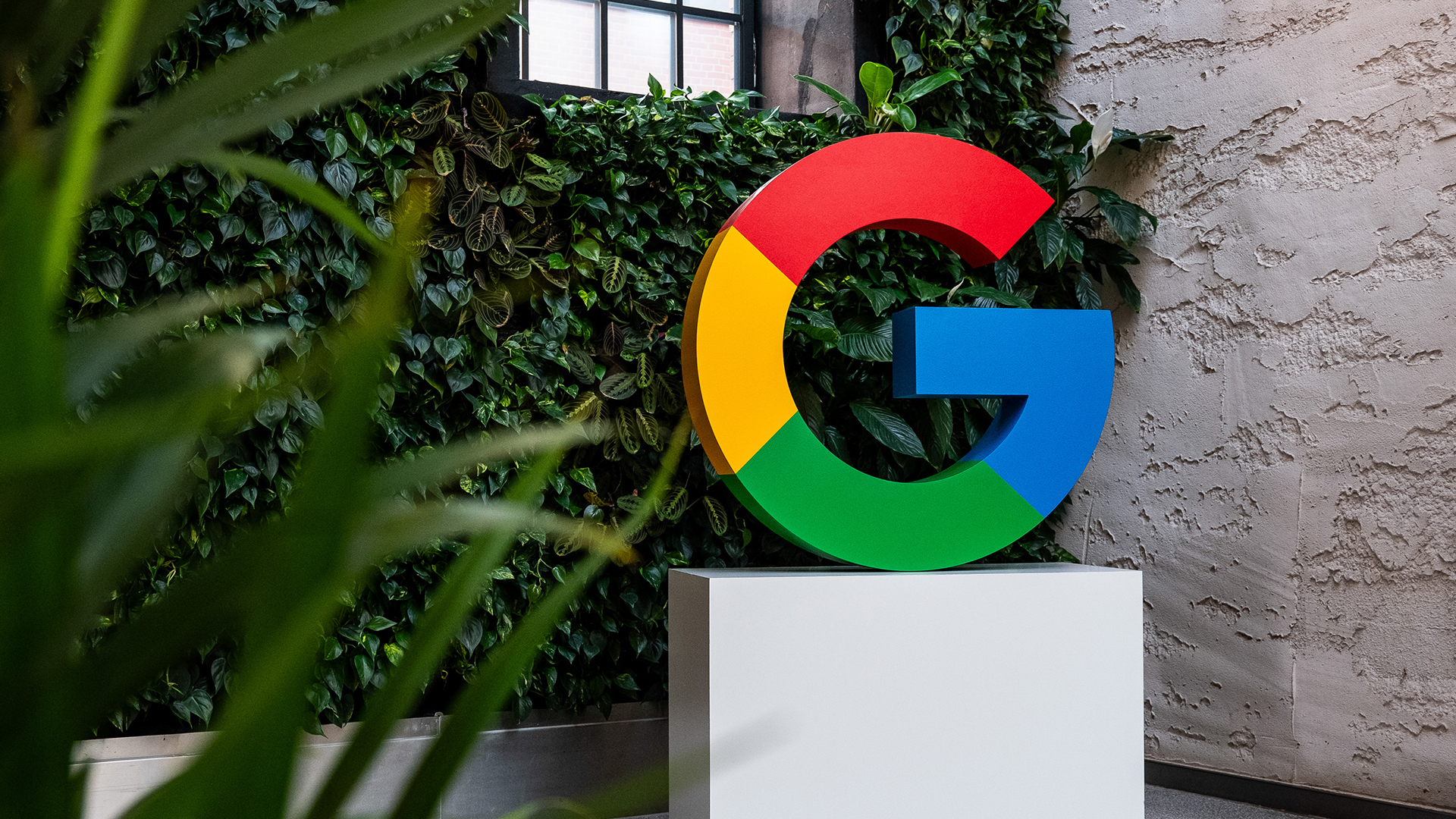 Google just released a new AI agent for data scientists on Colab, and it’s free to use
Google just released a new AI agent for data scientists on Colab, and it’s free to useNews Google Labs has made Data Science Agent available to all Colab users in a bid to help developers speed up application design.
By Emma Woollacott
-
 ‘Europe could do it, but it's chosen not to do it’: Eric Schmidt thinks EU regulation will stifle AI innovation – but Britain has a huge opportunity
‘Europe could do it, but it's chosen not to do it’: Eric Schmidt thinks EU regulation will stifle AI innovation – but Britain has a huge opportunityNews Former Google CEO Eric Schmidt believes EU AI regulation is hampering innovation in the region and placing enterprises at a disadvantage.
By Ross Kelly
-
 Google Cloud names new VP for UK&I and Sub-Saharan Africa
Google Cloud names new VP for UK&I and Sub-Saharan AfricaNews The experienced executive will lead Google Cloud's operations and sales strategy across the two regions
By Daniel Todd
-
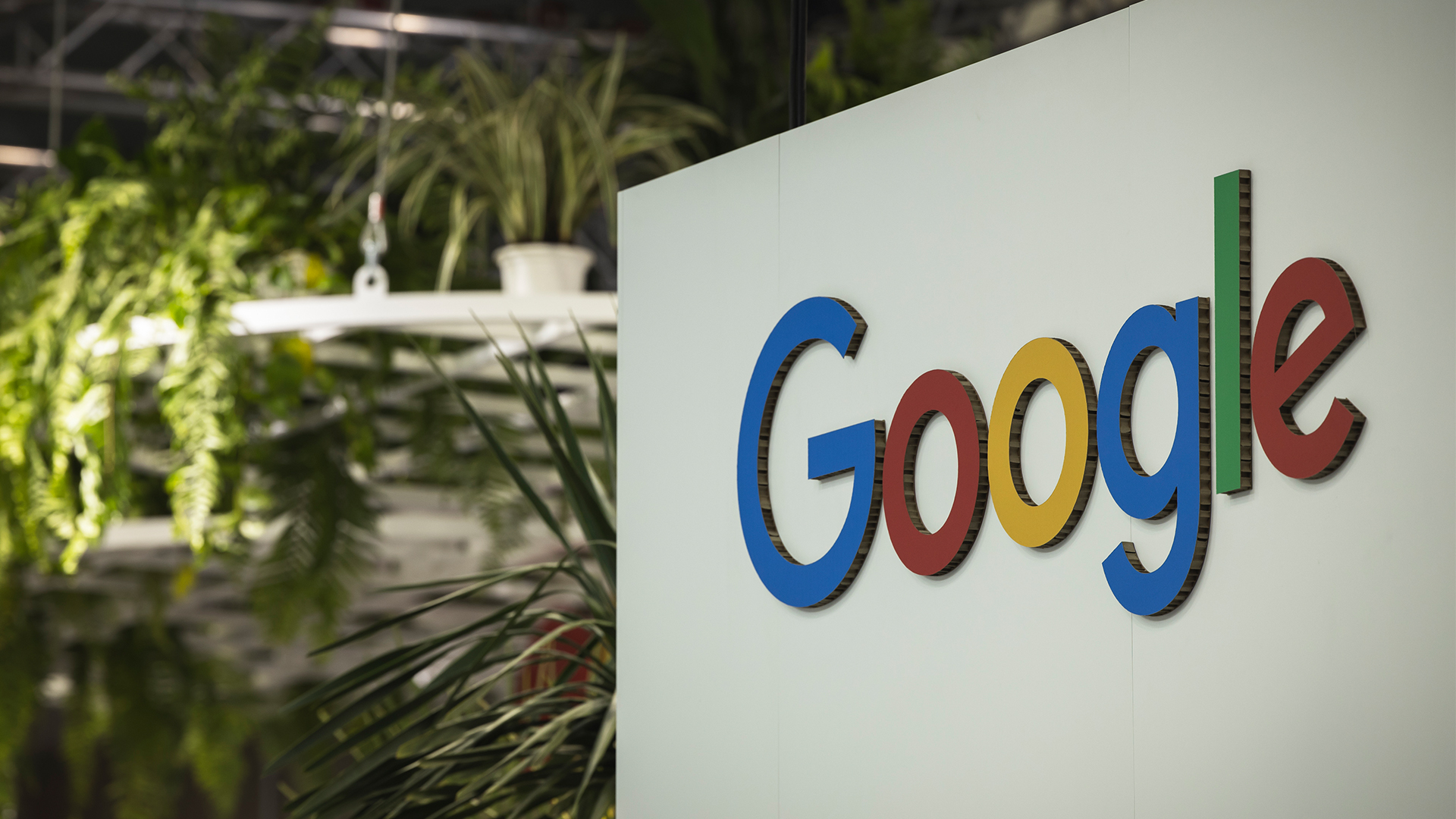 Google wants regulators to break up Microsoft's OpenAI deal
Google wants regulators to break up Microsoft's OpenAI dealNews Google has already been nipping at Microsoft’s heels in the European cloud market over competition concerns
By George Fitzmaurice
-
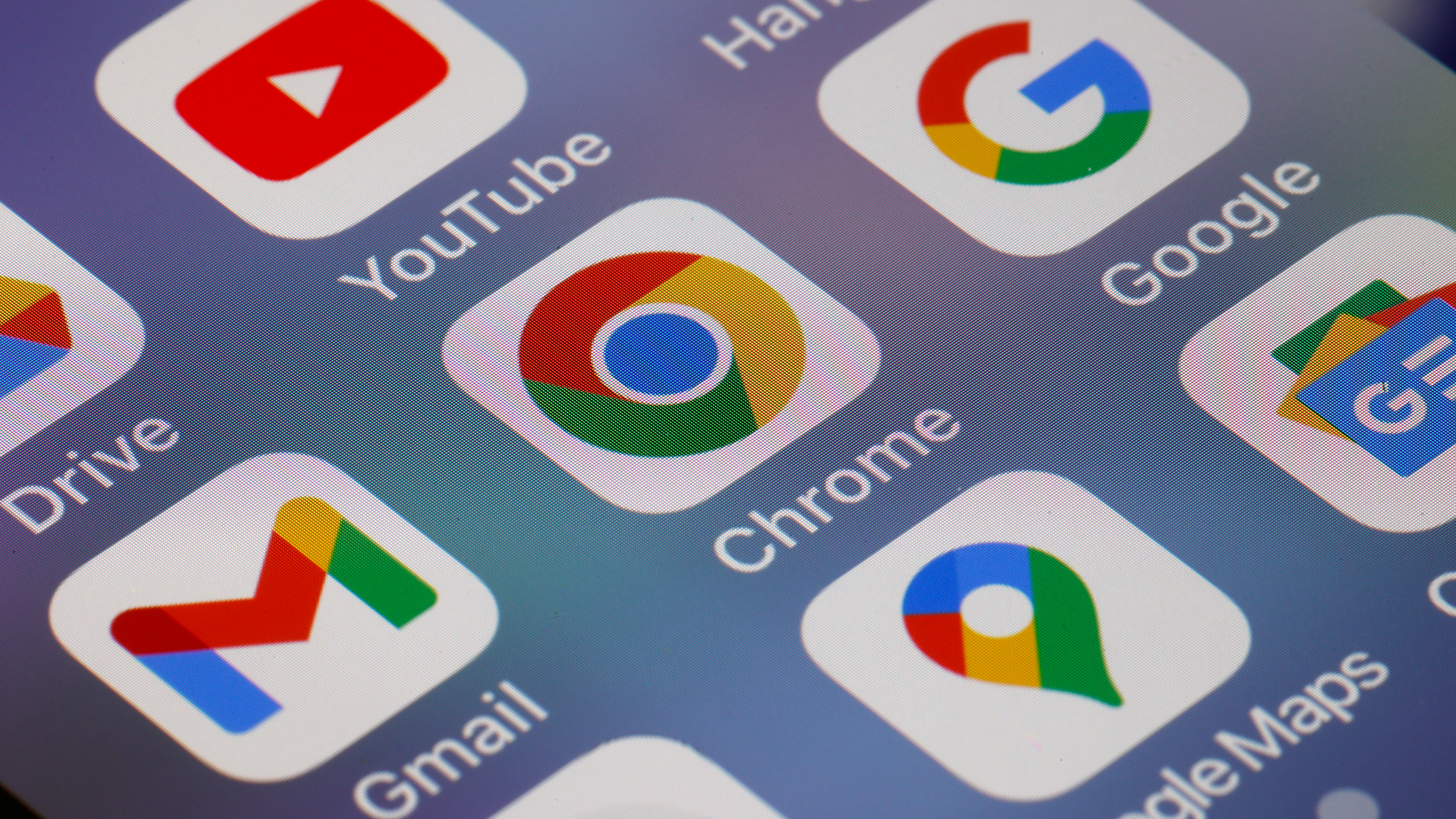 DoJ demands Google sells Chrome — and potentially Android too
DoJ demands Google sells Chrome — and potentially Android tooNews Confirming earlier reports, the US Department of Justice filing calls for Chrome to be divested over monopoly concerns
By Emma Woollacott
-
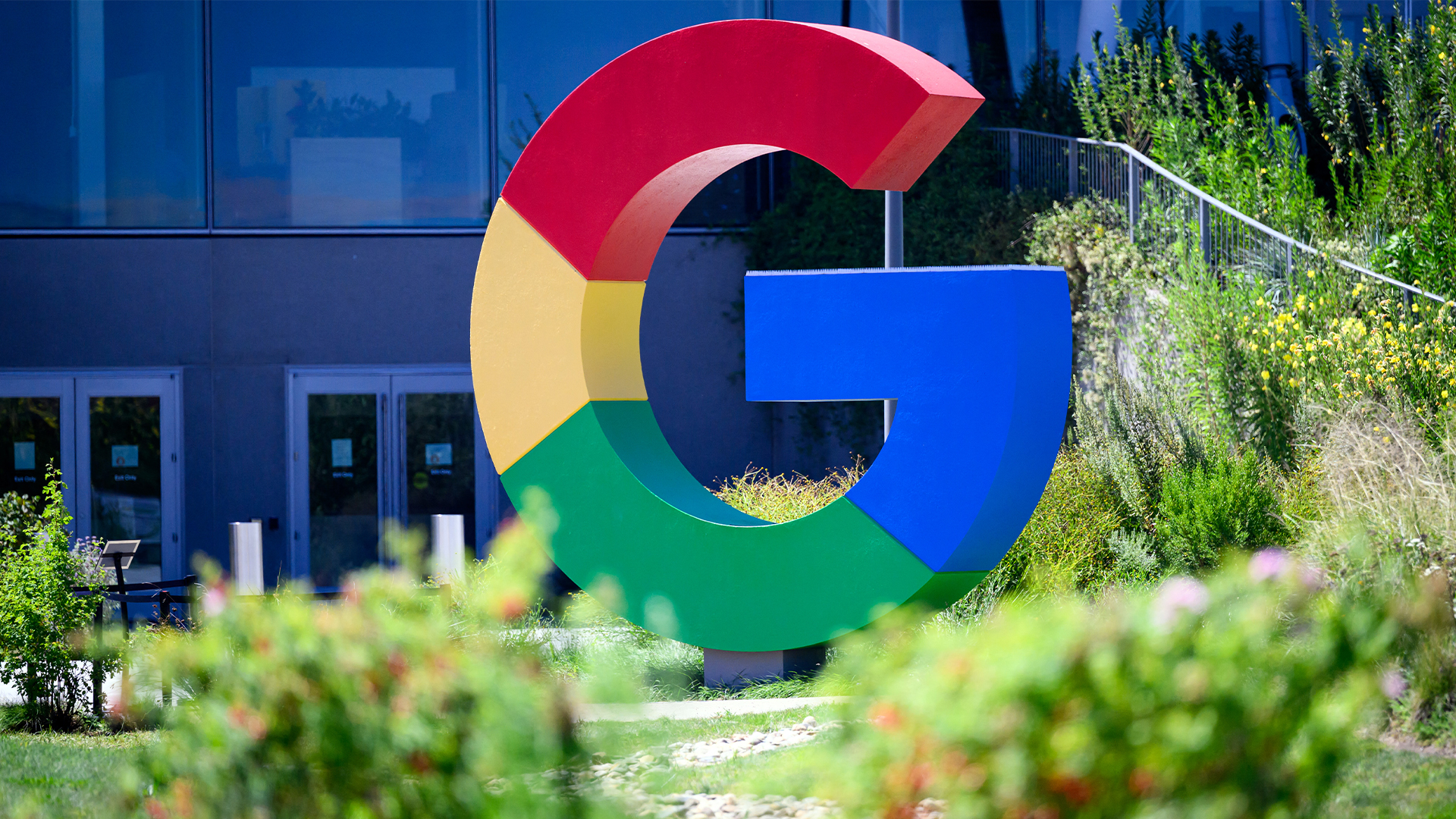 Google slams reported forced Chrome sell-off, says "radical" move would harm businesses
Google slams reported forced Chrome sell-off, says "radical" move would harm businessesNews The US government previously told Google it presides over a monopoly in the search engine market
By George Fitzmaurice
-
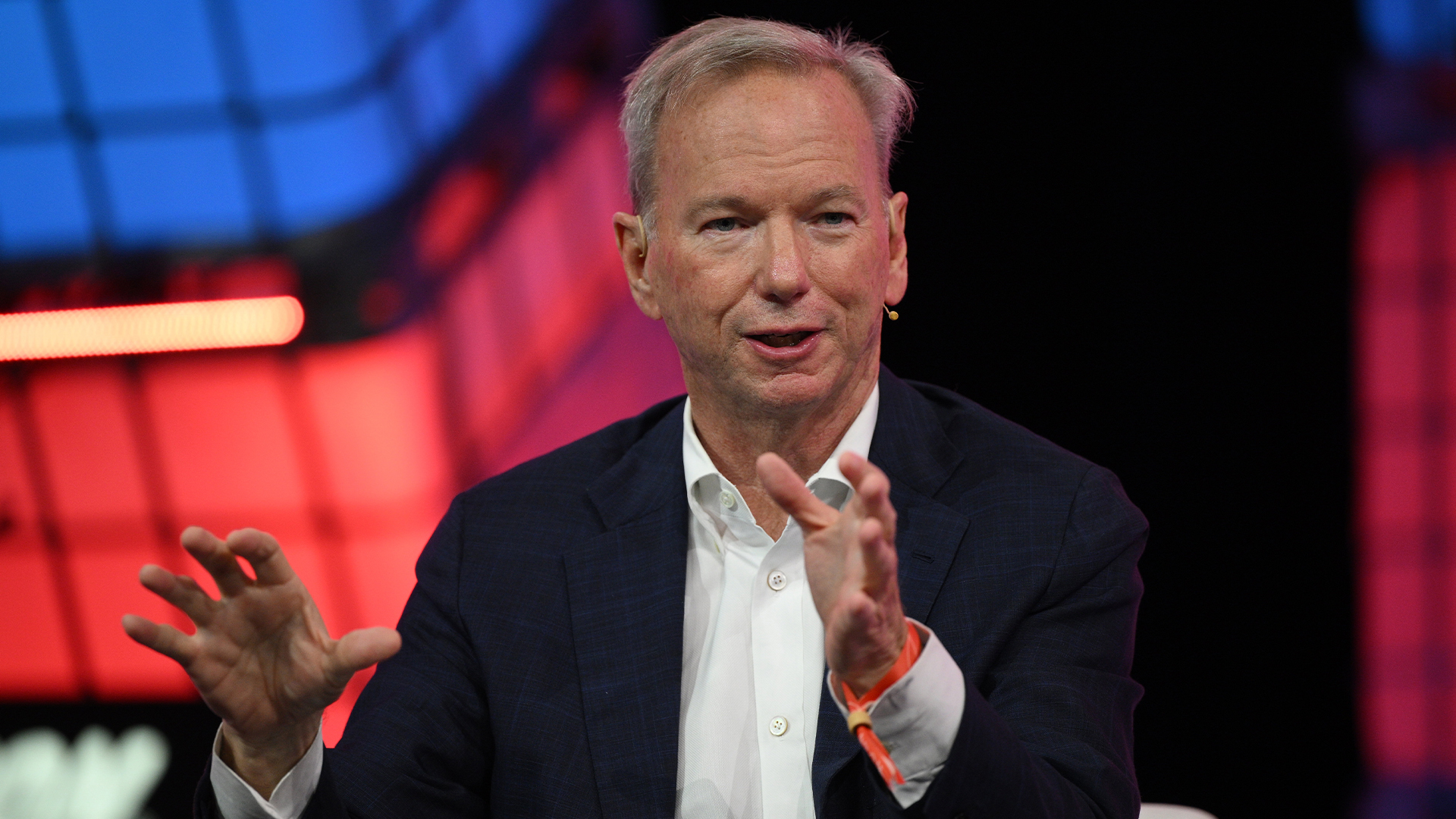 Eric Schmidt admits remote work has productivity benefits, but he still wants staff in the office
Eric Schmidt admits remote work has productivity benefits, but he still wants staff in the officeNews The tech exec came under fire earlier this year for criticizing Google’s remote work policies
By George Fitzmaurice

